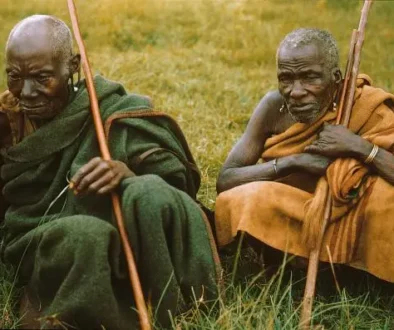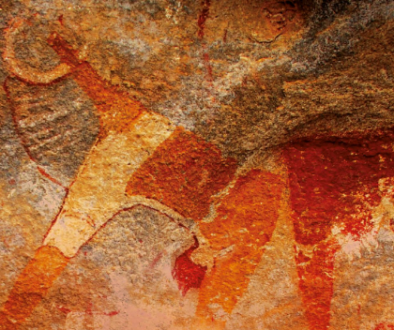To know is to respect: indigenous ecological-cultural principles ant the Ecosystem Approach in the Colombian Amazon
Rodríguez, Carlos Alberto; Hammen, Maria Clara van der; Gruezmacher, Mónica2007
Case study published within Application of the Ecosystem-based Approach in Latin America, along with other studies and experiences described by experts from the Commission on Ecosystem-based Management of the International Union for Conservation of Nature (IUCN). The Ecosystem-based Approach allows for integrated management of natural resources that promotes conservation and the equitable and sustainable use of resources. An analysis of the relationship between nature and society in the indigenous peoples of the Amazon reveals these people’s use of interactive models to maintain local biodiversity. These models are used to formulate basic principles of indigenous thought regarding their coexistence with the tropical forests. This article aims to show and to analyse the main cultural and ecological principles of the indigenous people that live along the mid- and lower course of the Caquetá river in the Colombian Amazon, and highlights their coincidences and contradictions, as well as their complementary features, in relation to the ecosystem-based approaches described in other studies of the region.
Reference
Rodríguez, Carlos Alberto; Hammen, Maria Clara van der; Gruezmacher, Mónica. “To know is to respect: indigenous ecological-cultural principles ant the Ecosystem Approach in the Colombian Amazon”. In: Andrade Pérez, Àngela (ed.). Applying the Ecosystem Approach in Latin America [On-line]. Gland, Switzerland: IUCN, 2008. (Ecosystem Management Series No. 7) ISBN: 978-2-8317-1068-6. p. 66-77. <https://portals.iucn.org/library/node/9233> [Consulted: 1 April 2016].




